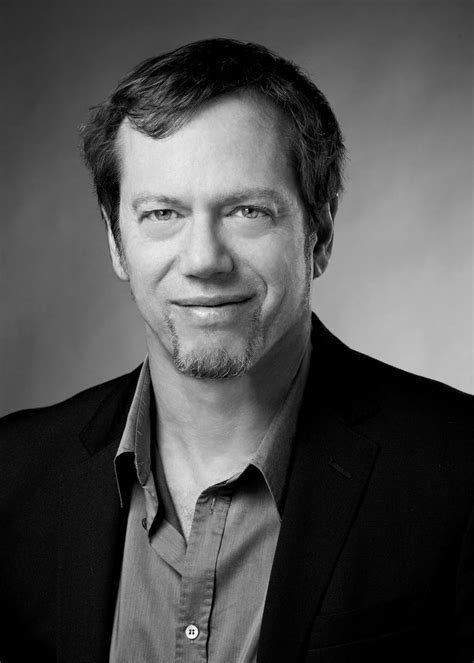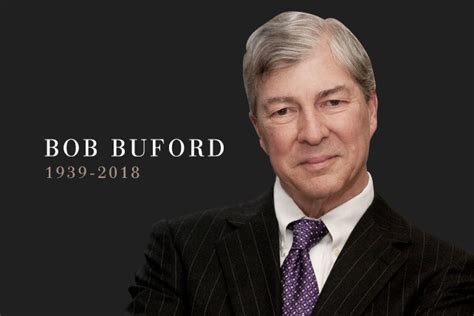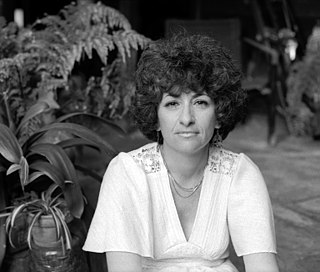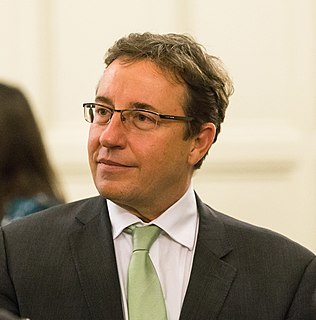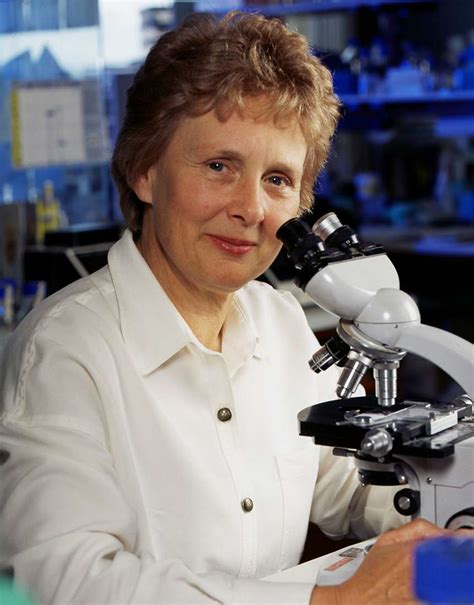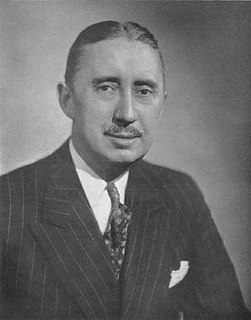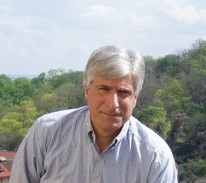Top 1200 Knowledge Is Dangerous Quotes & Sayings - Page 20
Explore popular Knowledge Is Dangerous quotes.
Last updated on April 16, 2025.
The power of imagination is the ultimate creative power.. no doubt about that. While knowledge defines all we currently know and understand.. imagination points to all we might yet discover and create. Imagination is more important than knowledge. Your imagination is your preview of life's coming attractions
For years I have told my students that I been trying to train executives rather than clerks. The distinction between the two is parallel to the distinction previously made between understanding and knowledge. It is a mighty low executive who cannot hire several people with command of more knowledge than he has himself.
If it is not strong upon your heart to practice what you read, to what end do you read? To increase your own condemnation? If your light and knowledge be not turned into practice, the more knowing a man you are, the more miserable a man you will be in the day of recompense; your light and knowledge will more torment you than all the devils in hell. Your knowledge will be that rod that will eternally lash you, and that scorpion that will forever bite you, and that worm that will everlastingly gnaw you; therefore read, and labor to know that you may do--or else you are undone forever.
Remember also that it is not knowledge but the yearning for knowledge that makes for a complete, accomplished man. Such a man does not stand still but perseveres in the face of adversity, nor does he remain untouched by the pain cause by absence. On the contrary, he recognizes himself in each cry, uttered or repressed, in the smallest rift, in the most pressing need.
Good science requires distinguishing between "felt knowledge" and knowledge arising out of testable observations. "I am sure" is a mental sensation, not a testable conclusion. Put hunches, gut feelings, and intuitions into the suggestion box. Let empiric methods shake out the good from bad suggestions.
The internet has spawned people for whom knowingness is more important than knowledge. It equips you with the illusion of offering knowledge instantly - and quite easily - so you can read a few articles on a few subjects and feel well informed but not actually know any of those subjects in any depth.
People are beginning to realize that self-knowledge is not an end in itself. It's for the purpose of better relationships, so that we can give to our community. You can give from overflow. It's very hard to give from emptiness. . . . People who avoid self-knowledge cause a great deal of pain to themselves as well as to their families and friends.
The Tibetan religion has a past. And furthermore it has such an appeal. There again young people today are drawn to Buddhism and to Tibet. It's not only because of the Dalai Lama. It's because of what Tibet represents. There is a vast reservoir of knowledge, of mystical knowledge, which can be found in Tibet.The Chinese shouldn't be afraid of that really. They have other means of survival.
The library connects us with the insight and knowledge, painfully extracted from Nature, of the greatest minds that ever were, with the best teachers, drawn from the entire planet and from all our history, to instruct us without tiring, and to inspire us to make our own contribution to the collective knowledge of the human species.
The Supreme Court has insulted you over and over again, Lord. They've taken your Bible away from the schools. They've forbidden little children to pray. They've taken the knowledge of God as best they can, and organizations have come into court to take the knowledge of God out of the public square of America.
I know a good many men of great learning-that is, men born with an extraordinary eagerness and capacity to acquire knowledge. One and all, they tell me that they can't recall learning anything of any value in school. All that schoolmasters managed to accomplish with them was to test and determine the amount of knowledge that they had already acquired independently-and not infrequently the determination was made clumsily and inaccurately.
All rituals are paradoxical and dangerous enterprises, the traditional and improvised, the sacred and the secular. Paradoxical because rituals are conspicuously artificial and theatrical, yet designed to suggest the inevitability and absolute truth of their messages. Dangerous because when we are not convinced by a ritual we may become aware of ourselves as having made them up, thence on the paralyzing realization that we have made up all our truths; our ceremonies, our most precious conceptions and convictions - all are mere inventions.
Ardent desire for knowledge, in fact, is the one motive attracting and supporting investigators in their efforts; and just this knowledge, really grasped and yet always flying before them, becomes at once their sole torment and their sole happiness. Those who do not know the torment of the unknown cannot have the joy of discovery which is certainly the liveliest that the mind of man can ever feel.
What does cookery mean? It means the knowledge of Medea and of Circe,
and of Calypso, and Sheba. It means knowledge of all herbs, and fruits, and
balms and spices... It means the economy of your great-grandmother and the
science of modern chemistry, and French art, and Arabian hospitality. It
means, in fine, that you are to see imperatively that everyone has something
nice to eat.
It's worse than slave trade because what is being traded is the very knowledge that makes survival possible for 80 percent of the people of this world. These 80 percent live on the biodiversity and the knowledge they have evolved as part of a rich collective heritage involving the use of seeds for growing crops and medicinal plants for healing.
Confronted with such a variety most philosophers try to establish one approach to the exclusion of all others. As far as they are concerned there can only be one true way- and they want to find it. Thus normative philosophers argue that knowledge is a result of the application of certain rules, they propose rules which in their opinion constitute knowledge and reject what clashes with them.
Some literature is knowledge, some is just data. But if I can get a "happy" ending - which is when for the characters I'm writing about, something happens that they move from wherever they are in the beginning to knowledge or wisdom, they know something they never would have acknowledged or realized if it hadn't been for my book - that for me is what literature does.
Monks, when ignorance is abandoned, and knowledge arises in the monk, with the ending of ignorance and the arising of knowledge he clings neither to sense-pleasures, nor does he cling to views, nor to precepts and vows, nor to a Self-doctrine. Not clinking, he is not disturbed; not disturbed, he attains individually nibbana.
So the state founded on natural principles is wise as a whole in virtue of the knowledge inherent in its smallest constituent class, which exercises authority over the rest. And the smallest class is the one which naturally possesses that form of knowledge which alone of all others deserves the title of wisdom.
Science asks no questions about the ontological pedigree or a priori character of a theory, but is content to judge it by its performance; and it is thus that a knowledge of nature, having all the certainty which the senses are competent to inspire, has been attained--a knowledge which maintains a strict neutrality toward all philosophical systems and concerns itself not with the genesis or a priori grounds of ideas.
Ambitious men spend their youth in rendering themselves worthy of patronage; it is their great mistake. While the foolish creatures are laying in stores of knowledge and energy, so that they shall not sink under the weight of responsible posts that recede from them, schemers come and go who are wealthy in words and destitute of ideas, astonish the ignorant, and creep into the confidence of those who have a little knowledge.
In order to the attaining of all useful knowledge this is most necessary, that we fear God; we are not qualified to profit by the instructions that are given us unless our minds be possessed with a holy reverence of God, and every thought within us be brought into obedience to Him.... As all our knowledge must take rise from the fear of God, so it must tend to it as its perfection and centre. Those know enough who know how to fear God, who are careful in every thing to please Him and fearful of offending Him in any thing; this is the Alpha and Omega of knowledge.
Until the end of the Middle Ages, and in many cases afterwards too, in order to obtain initiation in a trade of any sort whatever--whether that of courtier, soldier, administrator, merchant or workman--a boy did not amass the knowledge necessary to ply that trade before entering it, but threw himself into it; he then acquired the necessary knowledge.
We have new media, new forms of connectivity, and an enormous transference of knowledge. When you study evolution, you see that when new genes meet and multiply, they create new contexts and new species. In a sense, the gene-pool of knowledge and of people connecting at all levels is literally spawning a kind of mind-pool of possibilities.
New knowledge has led to the recognition in the theory of evolution of more than a hypothesis. It is indeed remarkable that this theory has been progressively accepted by researchers, following a series of discoveries in various fields of knowledge. The convergence, neither sought nor fabricated, of the results of work that was conducted independently is in itself a significant argument in favor of this theory.
Civilization enables us constantly to profit from knowledge which we individually do not possess and because each individual's use of his particular knowledge may serve to assist others unknown to him in achieving their ends that men as members of civilized society can pursue their individual ends so much more successfully than they could alone.
The ultimate goal of theology isn't knowledge, but worship. If our learning and knowledge of God do not lead to the joyful praise of God, we have failed. We learn only that we might laud, which is to say that theology without doxology is idolatry. The only theology worth studying is a theology that can be sung!
Monks, one thing, if practiced and made much of, conduces to great thrill, great profit, great security after the toil, to mindfulness and self-possession, to the winning of knowledge and insight, to pleasant living in this very life, to the realization of the fruit of release by knowledge. What is that one thing: It is mindfulness centered on the body.
Corporation 2020 is an indispensable contribution to the global transformation of finance and corporations as humanity re-integrates centuries of knowledge and continues its inevitable transition from the first Industrial Era... Pavan Sukhdev is a powerful standard-bearer leading us to the cleaner, knowledge-rich Green Economy globally, and this book provides a benchmark and guide to this better future for humanity.
The Library didn't only contain magical books, the ones which are chained to their shelves and are very dangerous. It also contained perfectly ordinary books, printed on commonplace paper in mundane ink. It would be a mistake to think that they weren't also dangerous, just because reading them didn't make fireworks go off in the sky. Reading them sometimes did the more dangeous trick of making fireworks go off in the privacy of the reader's brain.
We have been trying to point out that this concept of an indefinitely favorable future is dangerous, even if it is true; because even if it is true you can easily overvalue the security, since you make it worth anything you want it to be worth. Beyond this, it is particularly dangerous too, because sometimes your ideas of the future turn out to be wrong. Then you have paid an awful lot for a future that isn't there. Your position then is pretty bad.
We look for medicine to be an orderly field of knowledge and procedure. But it is not. It is an imperfect science, an enterprise of constantly changing knowledge, uncertain information, fallible individuals, and at the same time lives on the line. There is science in what we do, yes, but also habit, intuition, and sometimes plain old guessing. The gap between what we know and what we aim for persists. And this gap complicates everything we do.
I think what drives scientists is this tremendous intellectual adventure - pushing the boundaries of knowledge, walking down a track that nobody has walked down before, not knowing what's around the corner and then seeing a landscape that is so extraordinarily beautiful and complex, being part of the community that is driving the boundaries of knowledge and giving us insight into the amazing process of life.
To look upon the soul as going on from strength to strength, to consider that she is to shine forever with new accessions of glory, and brighten to all eternity; that she will be still adding virtue to virtue, and knowledge to knowledge,--carries in it something wonderfully agreeable to that ambition which is natural to the mind of man.
It is better to have but little knowledge with humility and understanding, than great learning which might make you proud. For a person's merits are not to be estimated by having many visions, or by knowledge of the bible, or by being placed in a higher position; but by being grounded in true humility, and by seeking always, purely, and entirely, the honor of God.
Faced with the immensity of the universe, Job realized that there are limits to man's rationalizing, that we cannot find where the cloud of sorrow starts, that all our boasted knowledge is but an island in the vast ocean of mystery, and as the island of knowledge grows larger, the shore line of mystery becomes longer. At the end of his wits, he surrendered in trust to a Higher Wisdom.
Tis impossible to judge with much Præcision of the true Motives and Qualities of human Actions, or of the Propriety of Rules contrived to govern them, without considering with like Attention, all the Passions, Appetites, Affections in Nature from which they flow. An intimate Knowledge therefore of the intellectual and moral World is the sole foundation on which a stable structure of Knowledge can be erected.
Society, community, family are all conserving institutions. They try to maintain stability and to prevent, or at least slow down, change. But the organization of the post-capitalist society of organizations is a destabilizer. Because its function is to put knowledge to work - on tools, processes, and products; on work; on knowledge itself - it must be organized for constant change.
Knowledge is the parent of knowledge. He who possesses most of the information of his age will not quietly submit to neglect its current acquisitions, but will go on improving as long as means and opportunities offer; while he who finds himself ignorant of most things, is only too apt to shrink from a labour which becomes Herculean.
I should say that the useful results of science had accumulated, but that there had been no accumulation of knowledge, strictly speaking, for posterity; for knowledge is to be acquired only by a corresponding experience. How can we know what we are told merely? Each man can interpret another's experience only by his own.
When I wrote 'The Alexandria Link,' I discovered that we are only aware of about 10 percent of the knowledge of the ancient world. In the ancient world, most of the knowledge was destroyed. Every emperor of China who came in wiped out everything that came before them, to the point that the country completely forgot its past.
Edward Snowden's real "crime" is that he demonstrated how knowledge can be used to empower people, to get them to think as critically engaged citizens rather than assume that knowledge and education are merely about the learning of skills - a reductive concept that substitutes training for education and reinforces the flight from reason and the goose-stepping reflexes of an authoritarian mindset.




